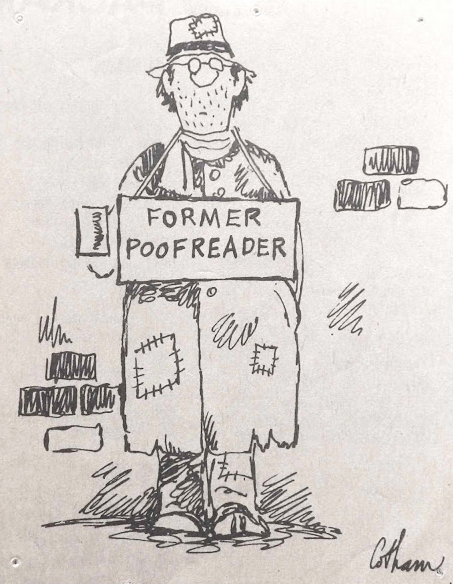 Today’s Christian Woman just posted my article about love letters…and how they’re sometimes written with something other than pen and paper.
Today’s Christian Woman just posted my article about love letters…and how they’re sometimes written with something other than pen and paper.
Unexpected Love Letters
I’m a sucker for old-fashioned letters and old-fashioned romance, so I felt like a teenager at prom when I happened upon a book called Love Letters of Great Men. I waited all day before cracking it open, eager to sink my teeth into it as if it were the literary equivalent of dark chocolate.
At first I was savoring the letters—these epistles dating as far back as Pliny the Younger almost 2,000 years ago and capturing the words of some of the political and literary greats in the centuries since. I was taken by the beauty of the language, the permanence of the sentiments, and the artistry of the writers as they sought to capture their passion and pin it down with ink and paper. In short, I wanted to love those love letters.
But then something unexpected happened: I started digging up biographical information about a few of these “great men,” and suddenly their words sounded less like soaring symphonies and more like discordant clanging.
You can read the rest of the article here.



